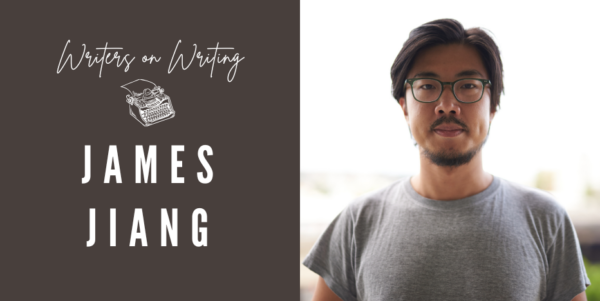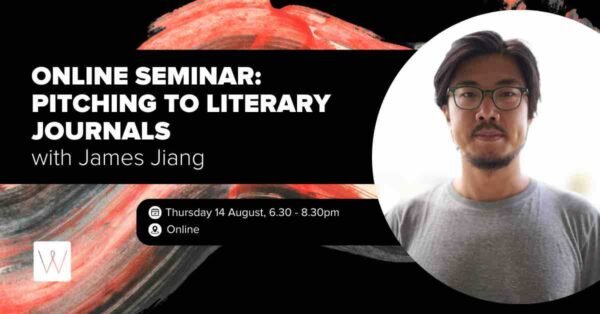
Writers on Writing is our regular conversation with a writer or industry professional about the writing craft, industry insights, and their own practice. This week, we spoke to James Jiang about what it means to have an original point of view and expertise when pitching to literary journals.
Do writers need to be academics to submit to literary journals? If not, what sort of expertise should they have about their subject matter?
No, not at all – though writers should be able to point to some way that they are informed about their subject matter – it would be lived experience, membership in a community (artistic or cultural), or some other programme/track record of exposure and participation. In some instances, it can be pretty cut-and-dry: if you’re interested in reviewing a translated novel, for instance, and want to talk about the novel’s style, then you probably should be fluent in the original language. But usually, it’s a bit more open than that. Not all types of learning and expertise have an institution – like a university – attached to them; it’s up to the writer to make the case for why they’re the right person to write about the subject.
What do most memorable pitches have in common?
I always want to be surprised by a pitch in some way. The most eye-catching pitches typically have a way of drawing together different aspects of our cultural landscape, showing how something ostensibly niche or marginal relates to a more central or visible point of concern. I think in Australia we tend to have a fairly rigid sense of what the term ‘general interest’ encompasses – anything could really be of general interest if written about in the right way.
When offering your critical perspective on a particular subject, how important is having an original point of view?
I think originality should be one of the aims of a critic – to say something about a book or artwork that hasn’t been said before. But I also think this should be balanced against humility – the ability to acknowledge and meaningfully engage with other intelligent commentators who have opined on a subject. Having an original point of view can sometimes turn into a kind of gamesmanship (the ‘edgelord’ propensities of the ‘hot take’), but that’s often a result of taking a narrow or reductive approach to the subject. Having originality might just mean being able to pose the right question about something, or introducing a different set of terms into a debate.
James Jiang is the editor at Sydney Review of Books. He has also worked as Assistant Editor at both Griffith Review and Australian Book Review. Prior to becoming an editor, he taught in the English and Theatre Studies program at the University of Melbourne. He holds a PhD in modernist literature from the University of Cambridge and has written reviews and essays for a variety of publications in Australia and overseas including Sydney Review of Books, Australian Book Review, and Cambridge Quarterly.
Join James Jiang for Seminar: Pitching to Literary Journals, Thursday 14 August 2025, 6:30-8.30pm, online.

If you want to be the first to read great advice, prompts and inspiration from our incredible tutors, subscribe to our weekly e-newsletter Newsbite.
More from Writing NSW
Check out our full range of writing courses in Sydney, our online writing courses and our feedback programs to see how we can help you on your creative writing journey. Find out about our grants and prizes, as well as writing groups across NSW, and sign up to our weekly newsletter for writing events, opportunities and giveaways.
